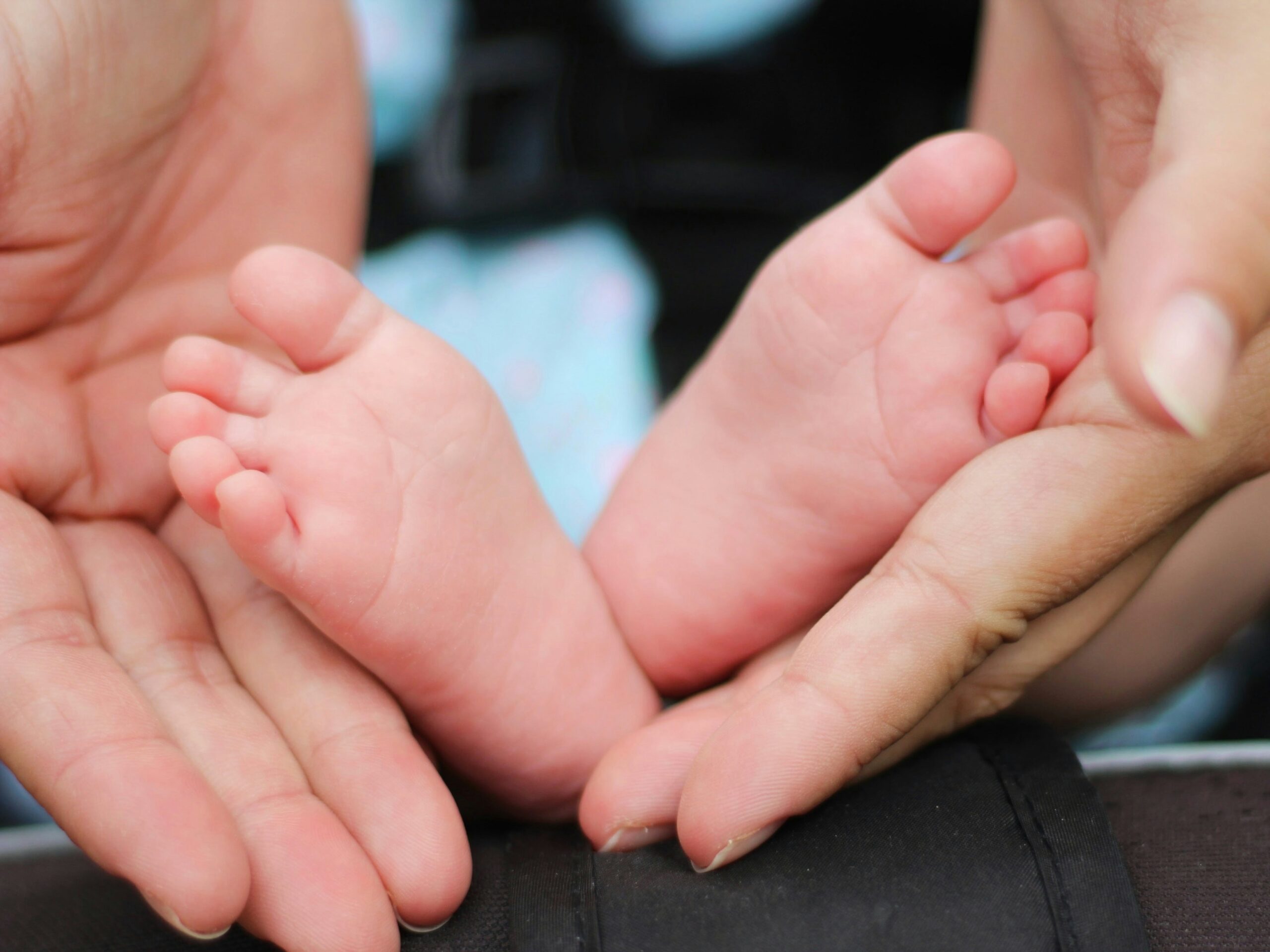
Egg Donation Process: What Makes a Suitable Egg Donor?
What is Egg Donation?
Egg donation is a vital part of the fertility journey for many individuals and couples who are unable to conceive with their own eggs. For those considering becoming an egg donor, it’s essential to understand what makes someone a suitable candidate for this generous and life-changing process. In this blog post, we’ll explore the criteria that fertility clinics and egg donation agencies typically look for in a donor, the egg donation process, and the responsibilities that come with being an egg donor.
Egg donation is a process where a woman donates her eggs to help another individual or couple conceive a child. The donated eggs are typically used in an in vitro fertilization (IVF) procedure, where the egg is fertilized with sperm, and the resulting embryo is transferred to the intended mother’s or a surrogate’s uterus. Egg donation is an incredible way to help others start or grow their families, and it requires a unique combination of physical, emotional, and psychological readiness.

Who Can Become an Egg Donor?
1. Age and Health
Ideal Age Range
Overall Health
2. Age and Health
Regular Menstrual Cycles
No History of Fertility Issues
3. Healthy Lifestyle
Non-smoker and Drug-Free:
Balanced Diet and Fitness
4. Genetic and Family History
No Major Genetic Disorders
Donors will undergo a detailed review of their family’s medical history to ensure there are no inherited genetic conditions that could be passed on to the child. This includes screening for any serious genetic diseases such as cystic fibrosis, sickle cell anemia, and other conditions.
Psychological Evaluation
5. Commitment and Responsibility
Egg donation is a time-intensive process that requires a significant commitment from the donor. Donors are expected to adhere to strict medical protocols, including taking fertility medications, attending medical appointments, and undergoing the egg retrieval procedure. As a result, potential donors must be able to commit to the time and effort involved.
Availability
Willingness to Undergo Medical Procedures

The Egg Donation Process: Step-by-Step
1. Application and Screening
Donors start by applying through a fertility clinic or egg donation agency. This egg donation application typically includes questions about their health, lifestyle, and family medical history. Once pre-approved, donors undergo a series of medical screenings, including physical exams, genetic testing, and psychological assessments.
2. Matching
3. Ovarian Stimulation
4. Egg Retrieval
5. Compensation and Follow-Up
Why Egg Donation Matters?
Egg donors play an essential role in helping individuals and couples achieve their dreams of becoming parents. Many intended parents face infertility, genetic conditions, or other challenges that make it impossible to conceive on their own. For these families, the gift of a donated egg can mean the difference between never having children and realizing the joy of parenthood.
If you’re ready to explore egg donation or have more questions, contact a fertility specialist or egg donation agency today. Together, you can make a life-changing impact on families in need. Fill out the Egg Donor Application Form.
